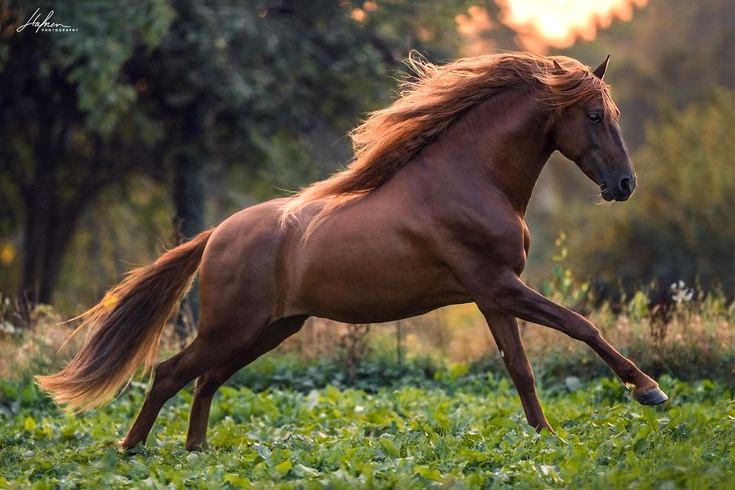The horse racing industry is a multi-million dollar industry, with millions of people around the world tuning in to watch the races. The horses that compete in these races, however, don’t always get the same level of attention or care. With so much money and attention focused on the races, it’s easy to forget about the horses themselves and whether or not they’re happy. So, are racehorses happy?
I. Racehorses in the Wild
Racehorses are bred and trained to be the best athletes they can be, and this involves a lot of work and dedication from the trainers and their owners. But, when it comes to their natural environment, racehorses are actually quite similar to their wild counterparts. They’re active animals that need space and freedom to move, and they’re social creatures that thrive when living in a herd-like environment.
II. Domestic Life for Racehorses
Once a racehorse is purchased, it’s then taken to a stable where it’s kept for the duration of its career. This stable life is a far cry from the wild, and it can take some getting used to for the horse. Stables are typically well-maintained, but they’re still quite different from the outdoors. Racehorses are also kept in stalls for long periods of time, which can be quite isolating and lonely for the horse.
III. Training and Racing
Racehorses are highly trained athletes, and they’re put through rigorous training routines in order to prepare them for the races. Training involves a lot of hard work and dedication, and the horses must be in peak physical condition in order to compete. The races themselves can be quite exciting and thrilling for the horses, as they get to experience the thrill of the competition.
IV. The Stress of Racing
While the thrill of the race can be enjoyable for the horses, the stress of racing can be quite intense. Horses are naturally sensitive creatures, and the loud noises, unfamiliar environments, and intense competition can all be quite stressful for them. This can lead to physical and mental exhaustion, as well as an increased risk of injury.
V. Care and Attention
Racehorses require a great deal of care and attention in order to stay healthy and happy. They need to be groomed regularly, fed properly, and given plenty of exercise. They also need to be given time to rest and recover between races. Racehorses also benefit from regular veterinary check-ups to ensure they’re in peak physical condition.
VI. Human Interaction
Racehorses rely heavily on their connections with humans for comfort and companionship. They need to feel secure and be able to trust their handlers in order to perform their best. Horses also need to be handled with kindness and respect in order to form a bond of trust and understanding.
VII. Retirement
Once a racehorse has reached the end of its racing career, it’s then retired to a new home. This can be a difficult transition for the horse, as it’s now being asked to adjust to a completely different environment. It’s important for the horse to be given time to adjust and get used to its new home, as this will help to ensure its happiness and well-being.
VIII. Adoption
Racehorses that are retired from racing are often adopted by new owners. This can be a great way for the horse to find a new home and a new purpose in life. Adopting a retired racehorse can be a rewarding experience for both the horse and its new owner.
IX. Quality of Life
The quality of life for a racehorse can vary greatly depending on its living and training conditions. Racehorses need to be provided with a clean and comfortable environment, proper nutrition, and adequate exercise in order to stay happy and healthy. They also need to be given plenty of attention and companionship in order to stay content.
X. Are Racehorses Happy?
The answer to this question is not a simple one. Racehorses can be happy if they’re given the proper care and attention, and if they’re given a safe and comfortable environment to live in. Racehorses also need to be treated with respect and kindness in order to ensure their happiness. Ultimately, it’s up to the trainers, owners, and handlers to ensure that racehorses are given the best quality of life possible.

